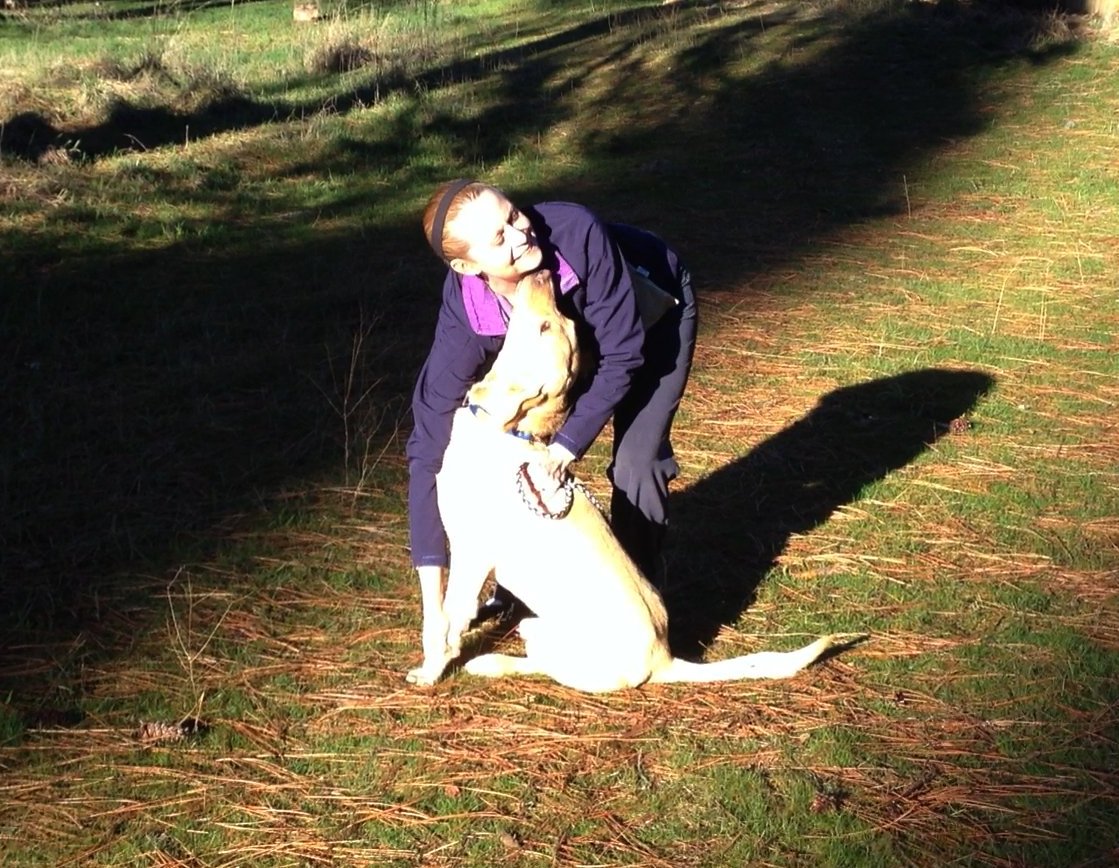
Partner Breeder Program, Basic Obedience Training, Hunting Training, Service Dog Training
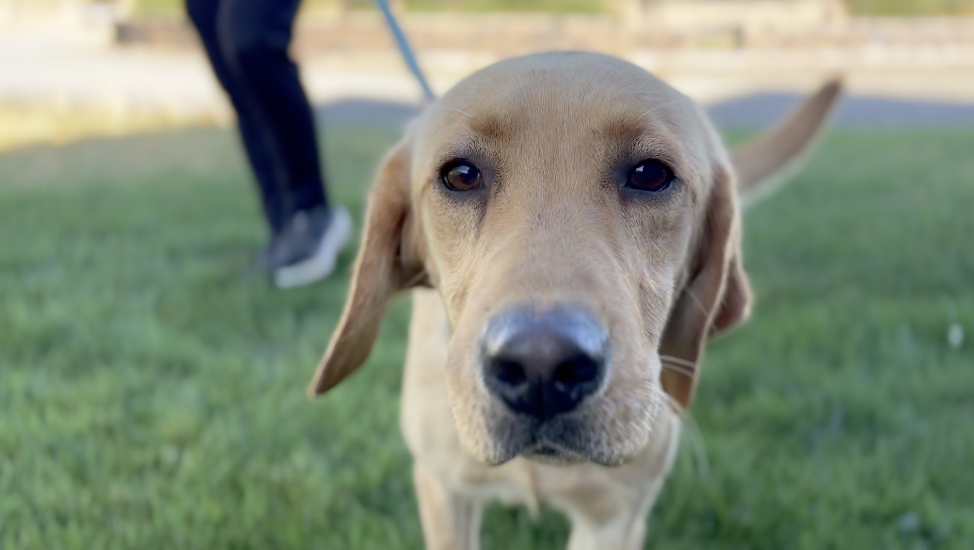
The demand for service dogs is skyrocketing. And, because we understand dogs (Labradors in particular), and we're quite good at training, we're talking with leaders of service dog organizations to learn exactly what is needed in the service dog world.

Teaching a puppy to sit is not difficult. However, teaching a puppy to remain sitting is slightly more challenging—but only slightly. It just takes patience, gentleness, consistency, and, for our food-driven Labs, a little bit of kibble.
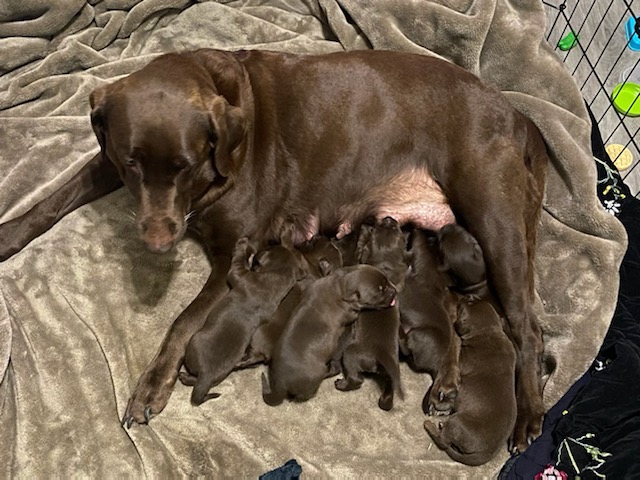
Here at Marble Mountain Kennels, we put on a positive face when it comes to canine pregnancies and deliveries in our blogs, website publications, and personal email announcements. But, since many of you are long-time followers of our blogs and you’ve become personal friends, I feel it might be time to be a little more open and honest and publish a few blogs about some of the realities of everyday life here on the “farm.” It’s not all cute puppies, happy wagging tails and darling fuzzy faces. We have our fair share of dirty, messy, and sometimes nail-biting experiences working with dogs and one of the most stressful can be canine labors and deliveries when things don’t go smoothly.
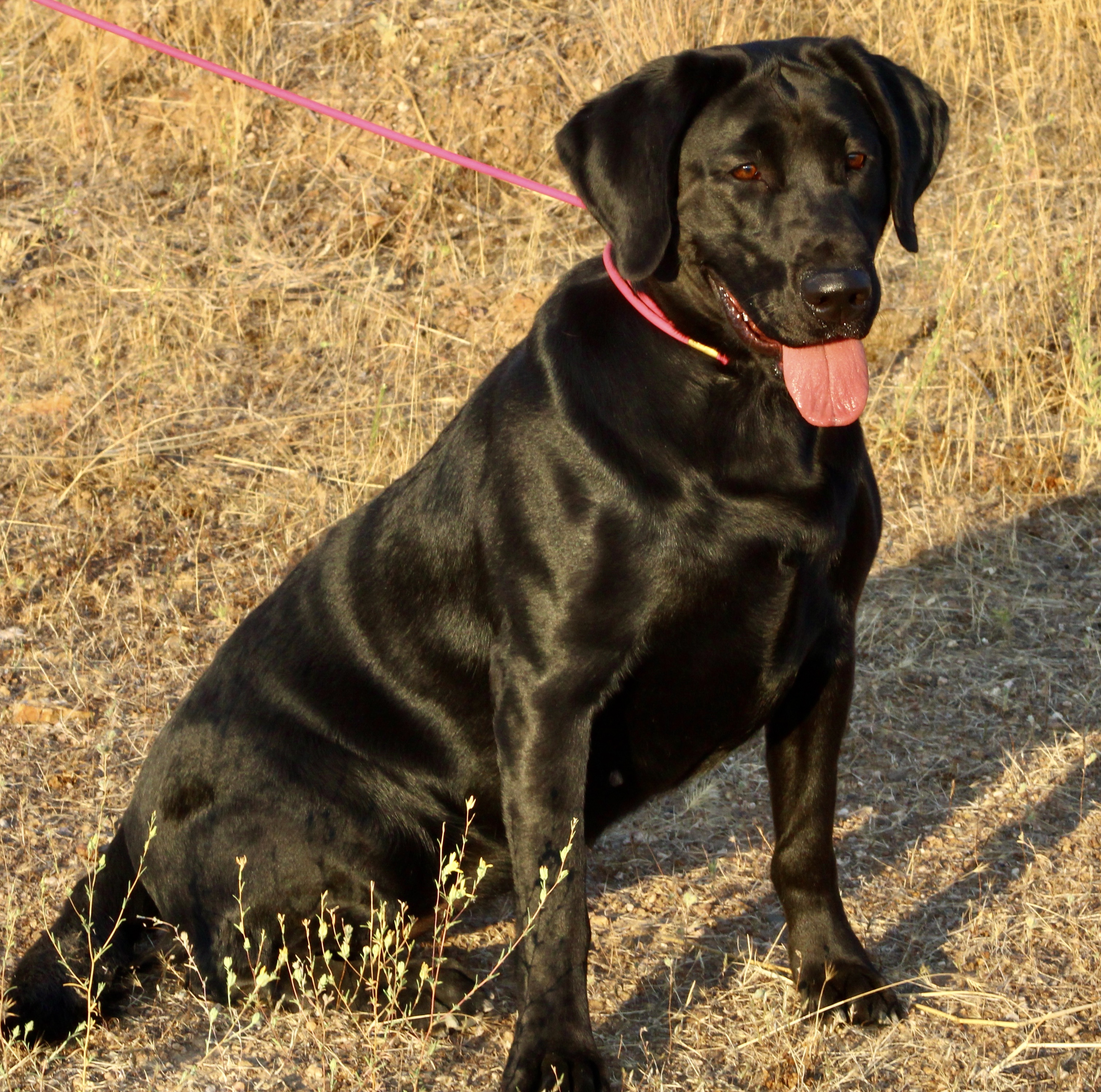
Canine temperaments are fascinating. Although you might have some idea of what a dog’s personality will be based on the parents, even in a single litter you’ll find an array of variations in disposition.
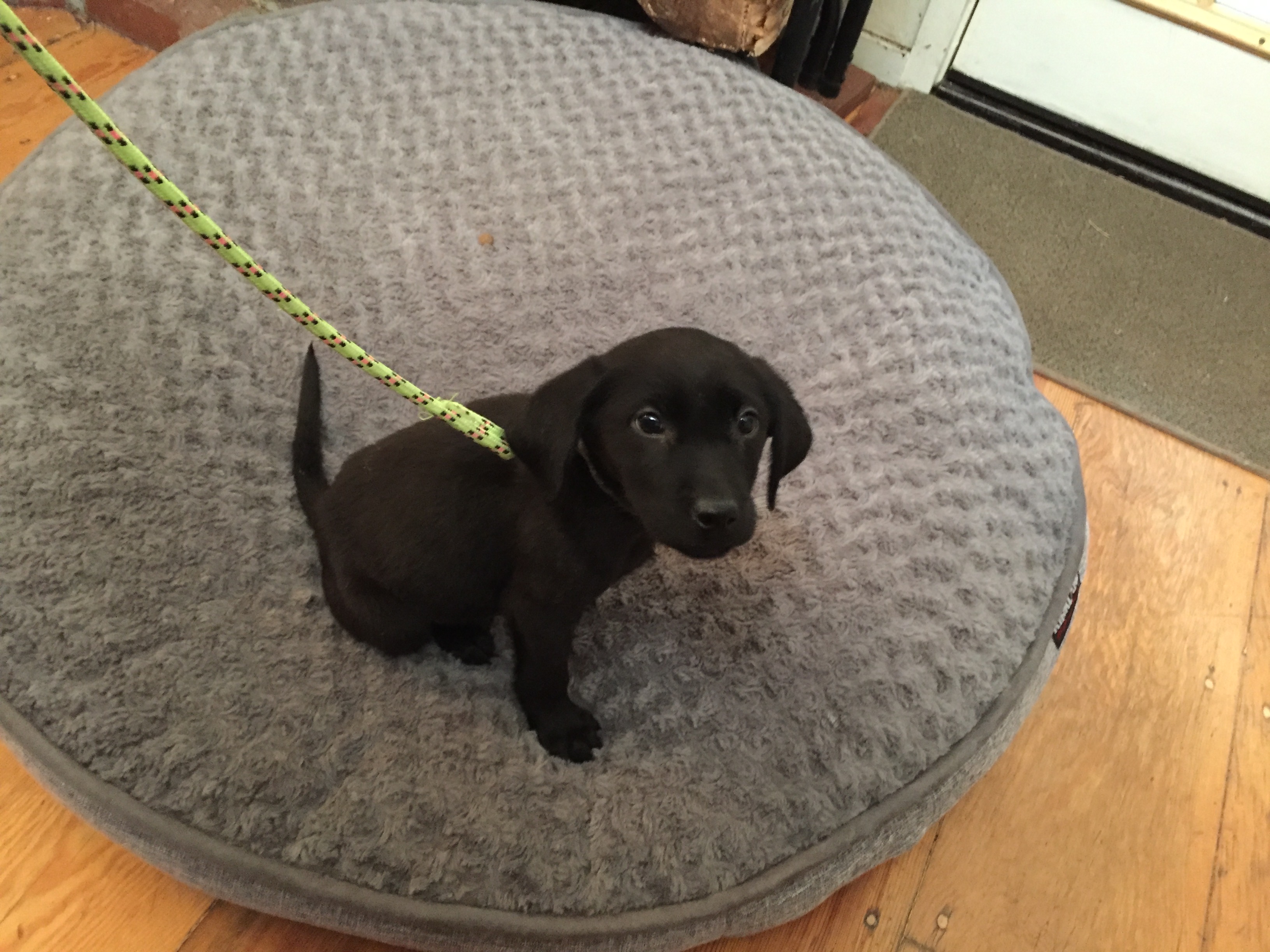
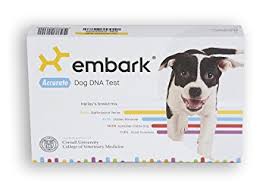
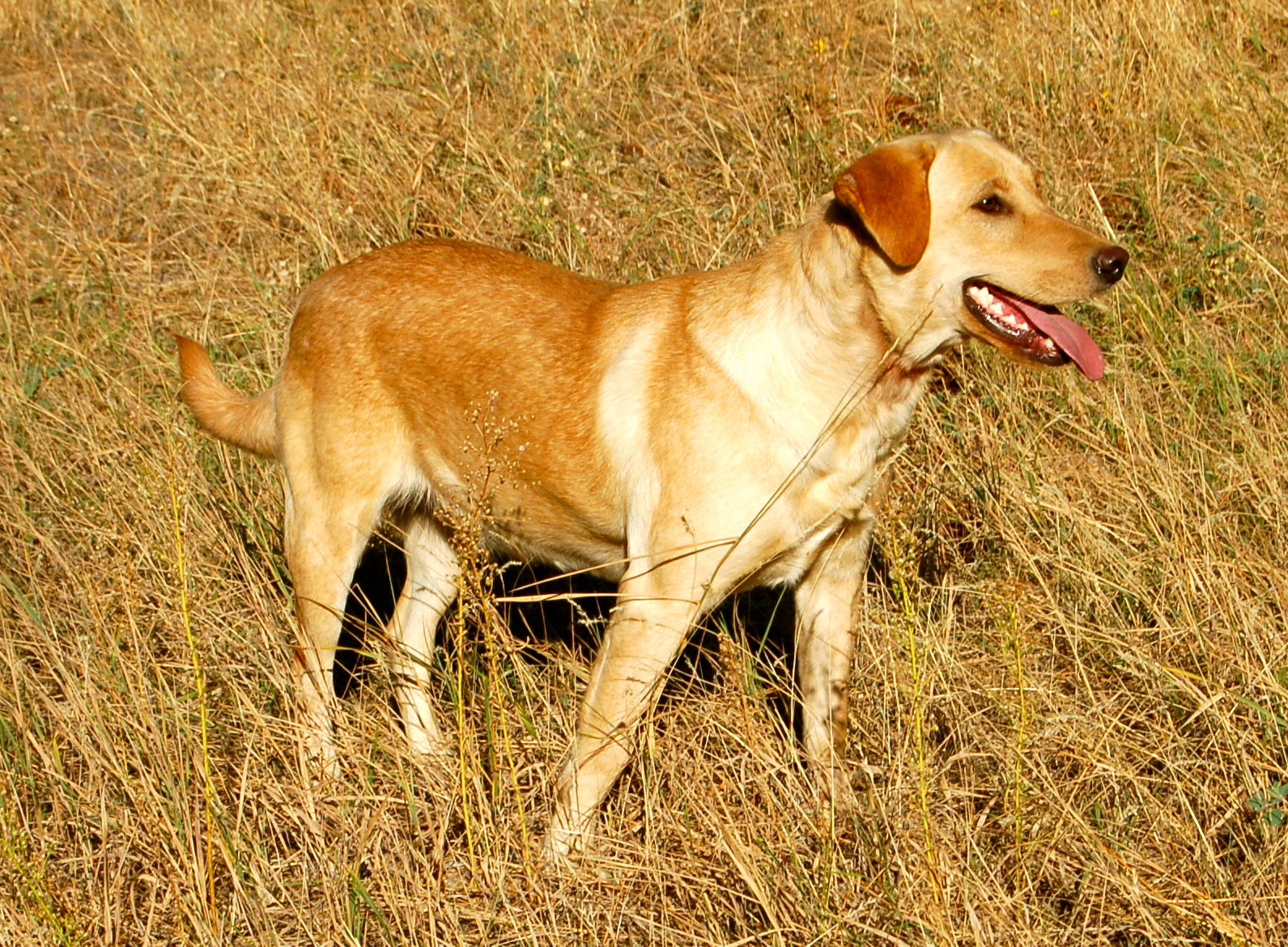


This stage is what is called “hard labor.” We don’t always see the breaking of the water that ushers in this stage, but it certainly precedes the onset of harder contractions that are spaced more closely together. A mama dog will pant and often hold her breath as visible contractions tense up and tighten her entire lower body. She is usually very restless in this stage, standing, pacing, sitting, squatting, lying down, and then repeating all of the above. She will lick her vaginal area repeatedly before contractions in a preparatory cleanse for the birth. This stage should last anywhere from 10-30 minutes before puppies are born. Most of our dogs utter no sound whatsoever during labor and delivery. However, there is the rare female who will yelp or scream during hard contractions.
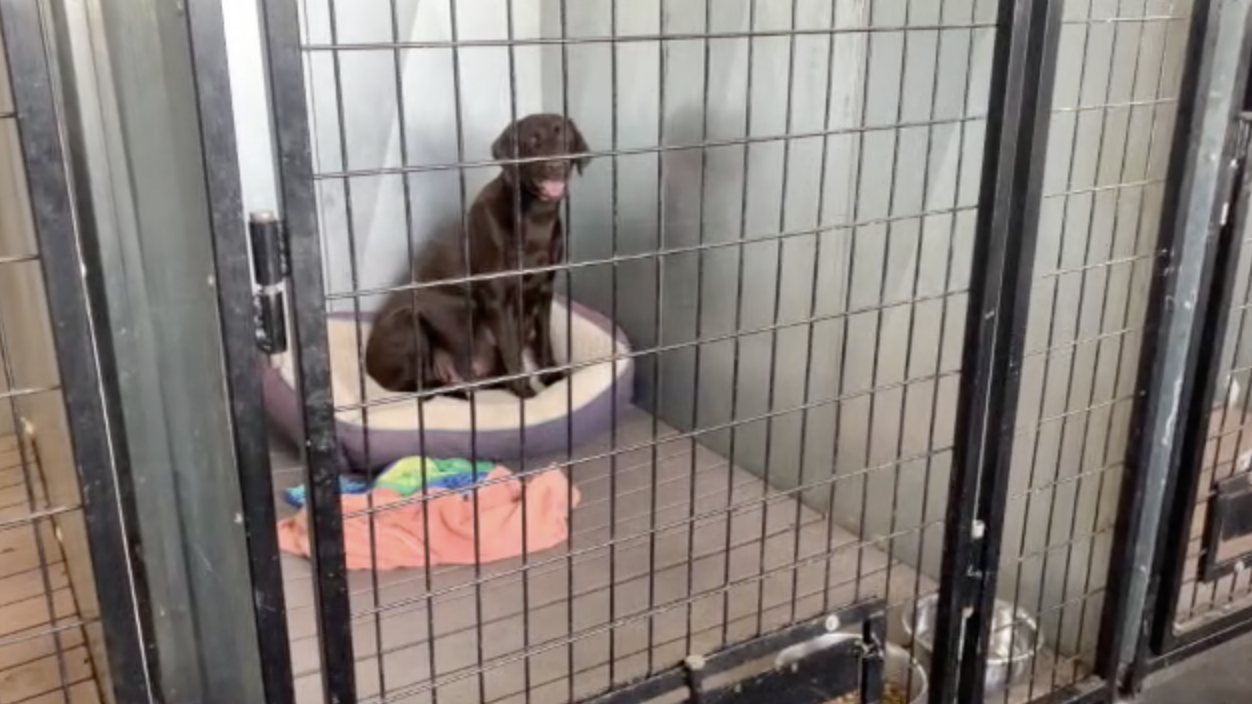
There are a number of ways that a pregnant dog signals that she’s about to go into labor. A few of these signs include digging, crawling underneath things like our deck, searching for natural “caves” in which to nest, an enlarged vulva, and not eating. These cues may occur as early as a week before labor begins and they are important to us.

Bringing a Labrador puppy into your home is an exciting and rewarding experience. However, choosing the right puppy requires careful consideration to ensure you find a Labrador that fits your lifestyle and expectations. Here’s a helpful guide to selecting the perfect Labrador Retriever for you and your family.

Labrador Retrievers have consistently ranked as one of the most popular dog breeds in the United States for decades. Their friendly demeanor, intelligence, and versatility make them the ideal companion for families, individuals, and working professionals alike. But what is it about Labradors that makes them so beloved? Let's explore why these affectionate and energetic dogs have captured the hearts of millions across the country.

Why are Labrador retrievers so popular? Why are they the number one favorite dog breed in the U.S., Canada and the U.K. year after year? Many of you know from experience. You’ve had other breeds and they just don’t compare. We hear people tell as all the time that they’ve had Labs and they’ve had other breeds and, after owning a Lab, they’ll never go back to anything else. We get it. So, what qualities make a Lab so special?